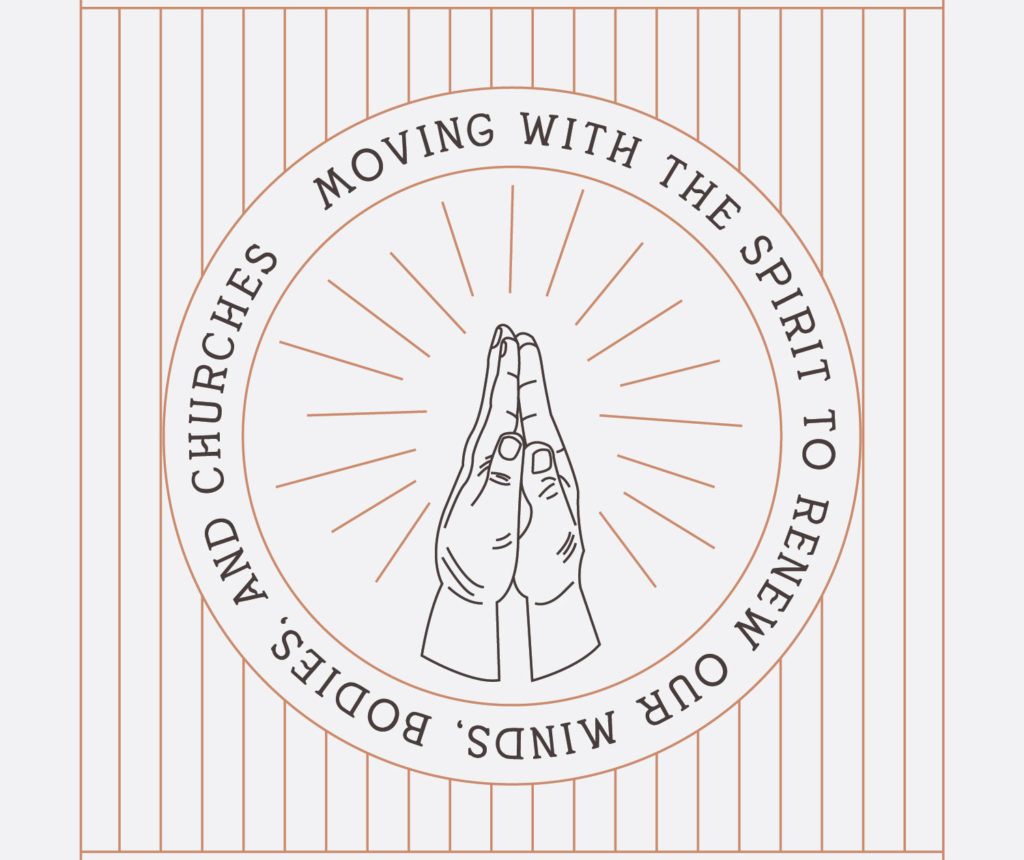
Amid Unspeakable Tragedies, This Is What I Most Appreciate about Jesus.
Nineteen children and two teachers were gunned down yesterday in a 2nd–4th grade elementary school in Uvalde, TX. Their parents will be sobbing and rocking themselves in grief tonight at the time when they should be kissing their children and tucking them in bed.
Responses to this hellishness vary, from demands for stricter gun control to a call for greater police presence in schools. Meanwhile, there are quite a few of us whose gut response is to lift sad eyes to the heavens and quote the Bible verse that feels most relevant: “Lord, if you had been here, these children would not have died.”
That’s a paraphrase of two verses in John 11. That’s the chapter where two sisters, Mary and Martha, send word to Jesus that their brother/his friend, a man named Lazarus, was sick and likely to die. Do you recall how Jesus responded to their desperate request for him to come heal their brother? He stayed put a few more days. Lazarus died.
“He stayed put a few more days. Lazarus died.”
By the time Jesus did show up, Lazarus had been dead for four days. Both Mary and Martha vented to Jesus with the same plain, unfiltered comment: “If you had been here, my brother would not have died” (Martha in 11:21, Mary in 11:32).
That’s the plain truth. They were grieving something painful which Jesus could have easily prevented.
Yet one of the impressive things about Jesus is that he is able to see beyond just the plain truth of the situation. Throughout John 11, Jesus shows us that he sees beyond just the plain truth of Lazarus’s death and his sisters’ pain. (In fact, Jesus will do something even mightier than preventing Lazarus’s death; in verse 44, Jesus is going to raise Lazarus from the dead!)
“Jesus sees beyond just the plain truth of Lazarus’s death and his sisters’ pain.”
In what ways does Jesus see beyond? Here are some of the things in John 11 Jesus sees which are beyond just the plain truth of our current situation:
- Jesus sees how tragedy can be used for God’s glory: “This sickness will not end in death. No, it is for God’s glory so that God’s Son may be glorified through it” (11:4).
- Jesus sees how death for the believer in him is really just “sleep,” something which Jesus will wake us from: “Our friend Lazarus has fallen asleep; but I am going there to wake him up” (11:11).
- Jesus sees how believers in him will never really die because they simply transition from life to life: “I am the resurrection and the life. The one who believes in me will live, even though they die; and whoever lives by believing in me will never die” (11:25-26).
It’s impressive that Jesus can see these sorts of things. And it’s incredibly helpful to us who believe in him to know that he can see these realities when we have trouble transcending the grief of the moment. I very much appreciate that Jesus is able to see these things.
What I Appreciate Most
Jesus sees beyond the present pain, and this is a relief. But from inside the grief of unspeakable tragedies, there’s something I appreciate even more about Jesus.
It’s that Jesus sees more than just beyond our present pain.
It’s that he also sees our present pain. He really sees us.
“He sees our present pain. He really sees us.”
How do we know that Jesus really sees our present pain? When Jesus saw Martha, Mary, and their friends weeping, it moved Jesus deeply. The result was more than a heartfelt, “I’m sorry for your loss.” Jesus was “deeply moved in spirit.” He was “troubled.” He wept to an extent to where onlookers said, “See how he loved him!” (11:33-36).
Amid unspeakable tragedy and helpless grief, may it bring us some relief to know that Jesus is coming again someday to make things right. May it be a relief to know that by his death and resurrection he has shrunk death to a paper-thin gateway between life and life.
In these moments, may it be reassuring that he sees our tears and he weeps. He sees our troubles and is troubled. He sees our reeling and is himself deeply moved.
“He sees our reeling and is himself deeply moved.”
Yes, if he had intervened, these things wouldn’t have happened. But he is at work, transforming his disciples into peacemakers. In the end, he will bring divine justice and lasting peace.
And in the meantime, he sees us. He really sees us.








